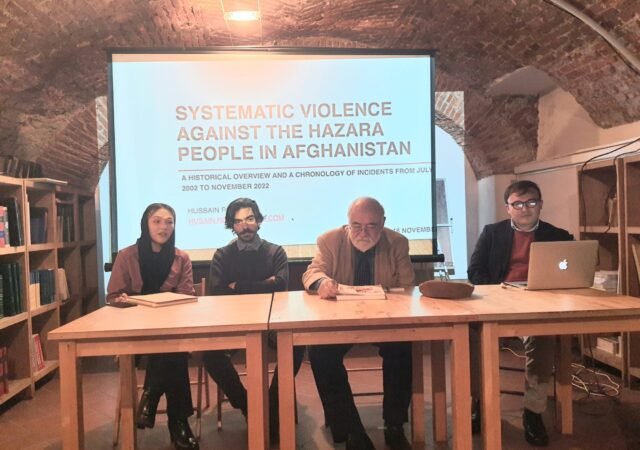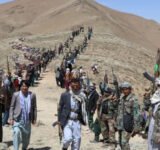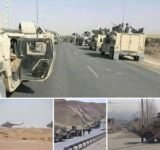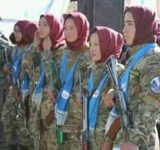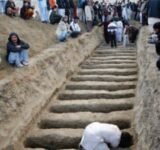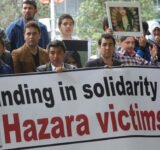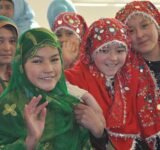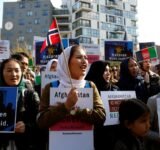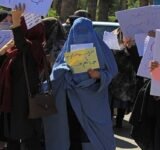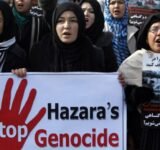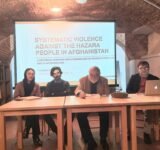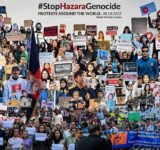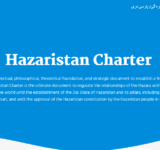Summary
They asked who the Sunnis were, asking for names. Then they told the
Sunnis to run. We jumped and ran for our lives. But while they allowed
everybody who was not a Shia to get away, they made sure that the Shias
stayed on the bus. Then they made them get out and opened fire.
—Haji Khushal Khan, bus driver, Balochistan, December 2011, Quetta
On September 20, 2011, near the town of Mastung in Pakistan’s Balochistan province,
gunmen stopped a bus carrying about 40 Shia Muslims of Hazara ethnicity traveling to
Iran to visit Shia holy sites. After letting the Sunnis on the bus go, the gunmen ordered
the Hazara passengers to disembark and proceeded to shoot them, killing 26 and
wounding 6. Later that day, gunmen killed three of the Hazara survivors as they tried to
bring attack victims to a hospital in Quetta. The Lashkar-e-Jhangvi (LeJ), a Sunni militant
group, claimed responsibility for the attack. The Mastung shooting marked the first
time—but not the last—that the LeJ perpetrated a mass killing of Hazara after first
separating them from Sunnis.
Asked how he intended to “stem the tears” of the Hazara community, Balochistan’s thenchief minister, Aslam Raisani, told the media, “Of the millions who live in Balochistan, 40
dead in Mastung is not a big deal. I will send a truckload of tissue papers to the bereaved
families. I’d send tobacco if I weren’t a politician.”
In recent years, Pakistan’s Shia community, which constitutes some 20 percent of the
country’s overwhelmingly Muslim population, has been the target of an alarming and
unprecedented escalation in sectarian violence. Armed Sunni militants have conducted
numerous shootings and bombings across Pakistan, killing thousands of Shia citizens.
Militants have targeted Shia police officers, bureaucrats, and a judge, Zulfiqar Naqvi,
who was killed by motorcycle-riding assassins in Quetta on August 30, 2012. Human
Rights Watch recorded at least 450 killings of Shia in 2012, the community’s bloodiest
year; at least another 400 Shia were killed in 2013. While sporadic sectarian violence
between Sunni and Shia militant groups has long persisted in Pakistan, attacks in recent
years have been overwhelmingly one-sided and primarily targeted ordinary Shia going
about their daily lives.
Full Human Right Watch Report click on the link below


